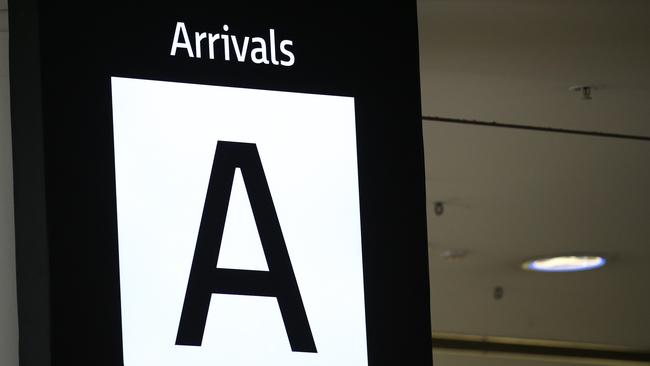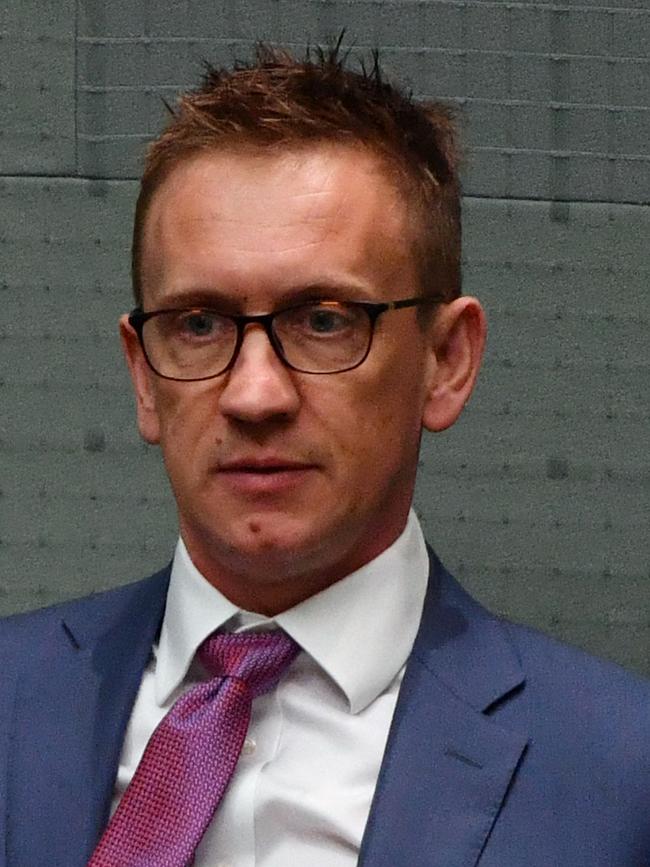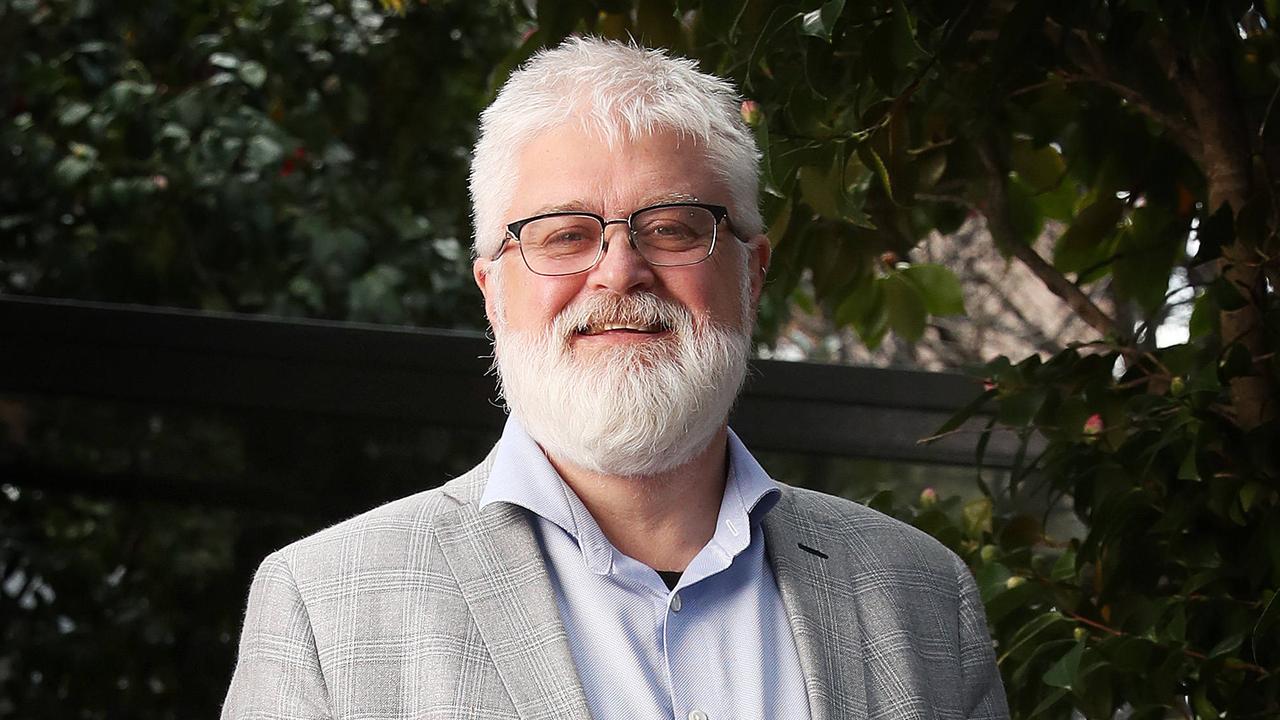A hard cap on international student arrivals is ‘terrible’ policy
A “blunt, hard cap” on the number of international students entering Australia would be “a terrible policy tool”, says Labor MP Julian Hill.

Influential federal Labor backbencher Julian Hill has warned that introducing a “blunt, hard cap” on the number of international students entering the country would be “a terrible policy tool” and undo the benefits Australia has gained from international education.
The Albanese government is moving towards applying a cap on the number of international student visas issued as a way to quickly reduce student numbers and undercut the opposition’s push to make high migration a key issue at the coming federal election.
Speaking to The Australian as he leaves his role as co-convener of the federal government’s Council for International Education, Mr Hill said there was “no doubt we need a mechanism” to control student numbers because, after Covid, global demand was “well beyond what Australia can or should accommodate”.

But “a hard cap would send a dreadful market signal globally and such a shock risks deterring the highest quality students, who are the ones we actually want”.
“A hard cap would be bad for Australia’s human capital and the talent pipeline, bad for soft power and bad for academic excellence and research,” Mr Hill said. “Let’s not risk killing the goose that laid the golden egg.”
Mr Hill, who was the Victorian government official in charge of the state’s international education strategy and development before he entered federal parliament, said it would be better to plan for the number of student visas within a range based on the capacity of the Department of Home Affairs.
“Planning ranges matched to departmental resources have long been in use with other visa categories and provide a mechanism for government to manage and control future student numbers,” he said.
An annual planning mechanism would be “disaggregated and signalled back to states and territories, the market and (education) providers”.
Mr Hill said this approach would have the advantage of forcing Australia to define, and maximise, the value international students brought to the country.
He said useful criteria should include: economic value; diversification of student source countries (which helped minimise risk, enriched student experience and brought soft-power dividends); bolstering of research resources; geographic spread around Australia; and provision of a talent pipeline of highly skilled young migrants.
Mr Hill said some tough decisions would be necessary. He said that in the private vocational education and training market “there is no discernable migration pathway or economic benefit to Australia from many of the higher-volume courses currently being taught”.
“In a world where student numbers are controlled in aggregate it’s difficult to imagine why Australia would continue to let students come onshore and study lower-value VET courses like certificates of marketing, business, leadership, management and so on,” Mr Hill said.
Australia had been chasing growth in student numbers “without sufficient or intentional focus on or where the growth in students is happening”, he said.
“We’ve inherited a terrible mess (with student visas) as the system had no way of controlling onshore student numbers, and the previous government ignored serious and well-documented integrity issues,” he said.
Following Mr Hill’s departure as co-convener of the government’s Council for International Education, it is understood the other co-convener, Phil Honeywood, will continue as convener.
Mr Honeywood, who is CEO of the International Education Association of Australia, said that the “devil would be in the detail” of Mr Hill’s proposal but “anything would be better than the current caps by stealth which are being imposed on our beleaguered international education sector”.
He said that messaging to overseas students and education agents would be crucial in any suggested new policy framework for student visas.




To join the conversation, please log in. Don't have an account? Register
Join the conversation, you are commenting as Logout